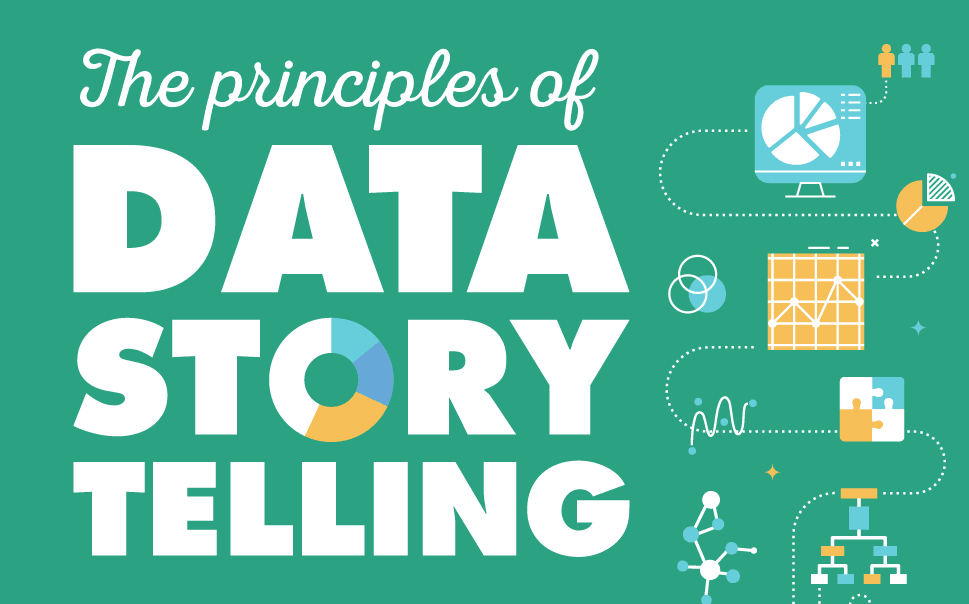Proofreading
-
Nationwide
-
In Company
Proofreading and Editing (QLS Level 4)
-
This course results in CPD hours
-
From 297 GBP
-
Online
-
Self-Paced Online
Editing and Proofreading Diploma Level 3
-
From 390 GBP
-
Online
-
Self-Paced Online
Proofreading
-
From 20 GBP
-
Online
-
Self-Paced Online
Better Proof Reading
-
From 195 GBP
-
20/11/2024
-
Multiple (17)
-
Classroom, Virtual Classroom
Technical Authoring Training Programme live online
-
From 1,195 GBP
-
Multiple (3)
-
Online
-
Self-Paced Online, Virtual Classroom
Grammar & Proofreading
-
From 475 GBP
-
Multiple (2)
-
Classroom, Virtual Classroom
Web Editing (QLS Level 4)
-
This course results in CPD hours
-
From 550 GBP
-
Online
-
Self-Paced Online
Grammar and Punctuation
-
Multiple (2)
-
Self-Paced Online, In Company
Copy Editing (ED01)
-
From 490 GBP
-
City of London
-
Classroom
Copy Editing
-
From 456 GBP
-
London
-
Classroom
Sub Editing
-
From 504 GBP
-
London
-
Classroom
Self-publishing: an introduction
-
From 59 GBP
-
London
-
Classroom
The Role of the Reader
-
From 69 GBP
-
Loughborough
-
Classroom
Writing a Novel: How to Get Started
-
From 300 GBP
-
London
-
Classroom
Writing Case Studies: Science of Delivery
-
Advanced level
-
Online
-
Self-Paced Online
Grammar Mistakes and how to fix them elearning course
-
From 10 GBP
-
Online
-
Self-Paced Online
Perfecting the Written Word: Explore Proofreading Courses
In the realm of written communication, perfection is paramount. Proofreading is the meticulous process of reviewing written content to identify and correct errors, ensuring clarity, accuracy, and professionalism.
Proofreading Courses offer the knowledge, techniques, and skills needed to become a proficient proofreader, capable of spotting grammatical errors, typos, and inconsistencies that might otherwise go unnoticed. Whether you're an aspiring proofreader, a professional writer, or someone looking to elevate your attention to detail, these courses provide the foundation for impeccable written communication.
The Role of a Proofreader: Proofreaders are the final gatekeepers of written content, ensuring it is free from errors, adheres to grammatical rules, and maintains a high standard of accuracy and clarity.
Proofreading Courses: Proofreading Courses are designed to provide individuals with the knowledge and skills to understand the intricacies of proofreading, improve grammar and punctuation, and develop a keen eye for detail. These courses empower learners to become adept proofreaders who can enhance the quality and professionalism of written material.
Key Topics Covered in Proofreading Courses:
1. Introduction to Proofreading: Delve into the basics of proofreading, including the role of a proofreader, the proofreading process, and common proofreading marks.
2. Grammar and Punctuation: Master grammar and punctuation rules. Learn to identify and correct common grammatical errors and punctuation mistakes.
3. Spelling and Vocabulary: Enhance your vocabulary and spelling skills. Explore techniques for identifying and rectifying spelling errors.
4. Consistency and Style: Understand the importance of maintaining consistency in written content. Learn to adhere to specific style preferences and formatting.
5. Clarity and Readability: Explore strategies for enhancing the clarity and readability of written material. Learn to simplify complex language and structure.
6. Proofreading Techniques: Develop proofreading techniques to systematically review written content. Learn to conduct thorough error checks.
7. Digital Proofreading: Adapt your proofreading skills for digital content, including websites, emails, and digital documents.
8. Ethical Considerations: Grasp the ethical considerations and responsibilities of a proofreader, including plagiarism and copyright issues.
9. Practical Exercises: Engage in practical exercises and real-life proofreading scenarios to apply your skills and learn from the experiences of professional proofreaders.
10. Building a Proofreading Portfolio: Create a portfolio of your proofreading work to showcase your expertise and attract potential clients or employers.
Proofreading Courses are invaluable for individuals aspiring to become professional proofreaders, writers, or content creators. Whether you aim to pursue a career in proofreading or simply want to enhance your attention to detail and the quality of written content, these courses empower you to perfect the written word, ensuring it is error-free, clear, and professionally presented.


















